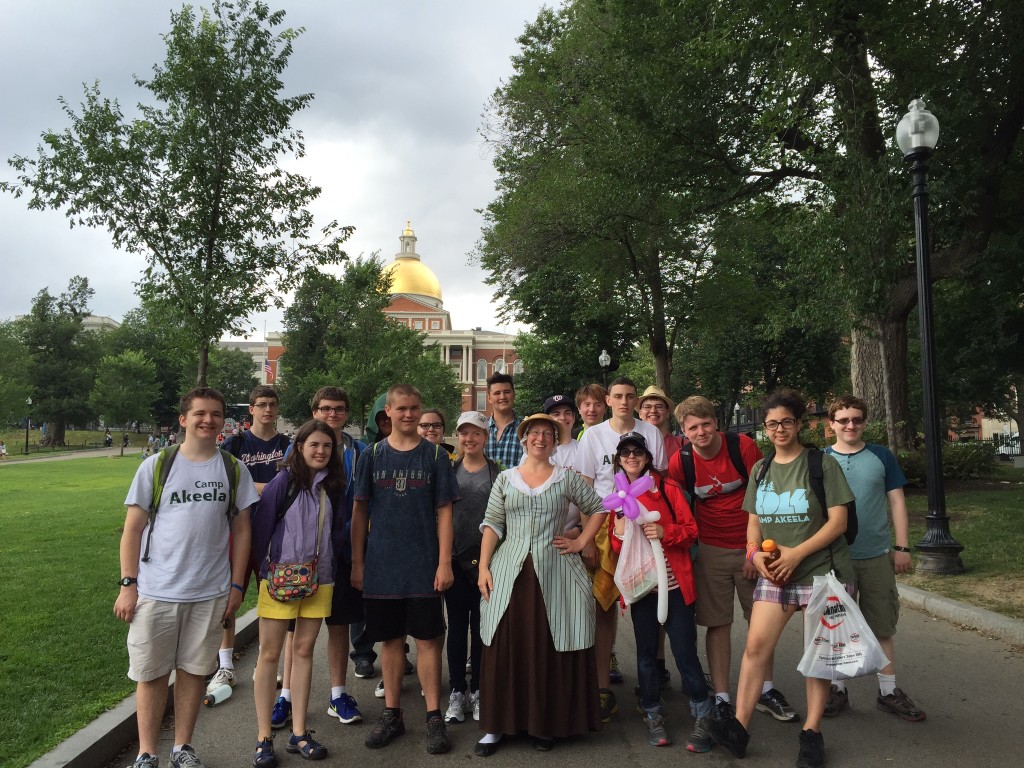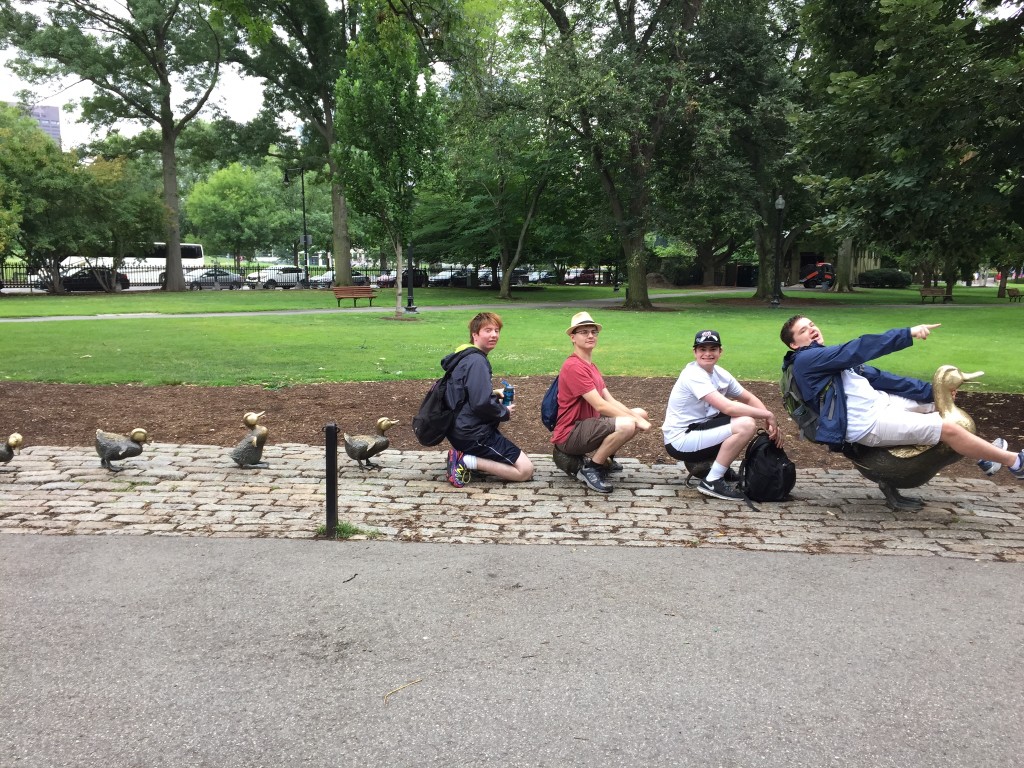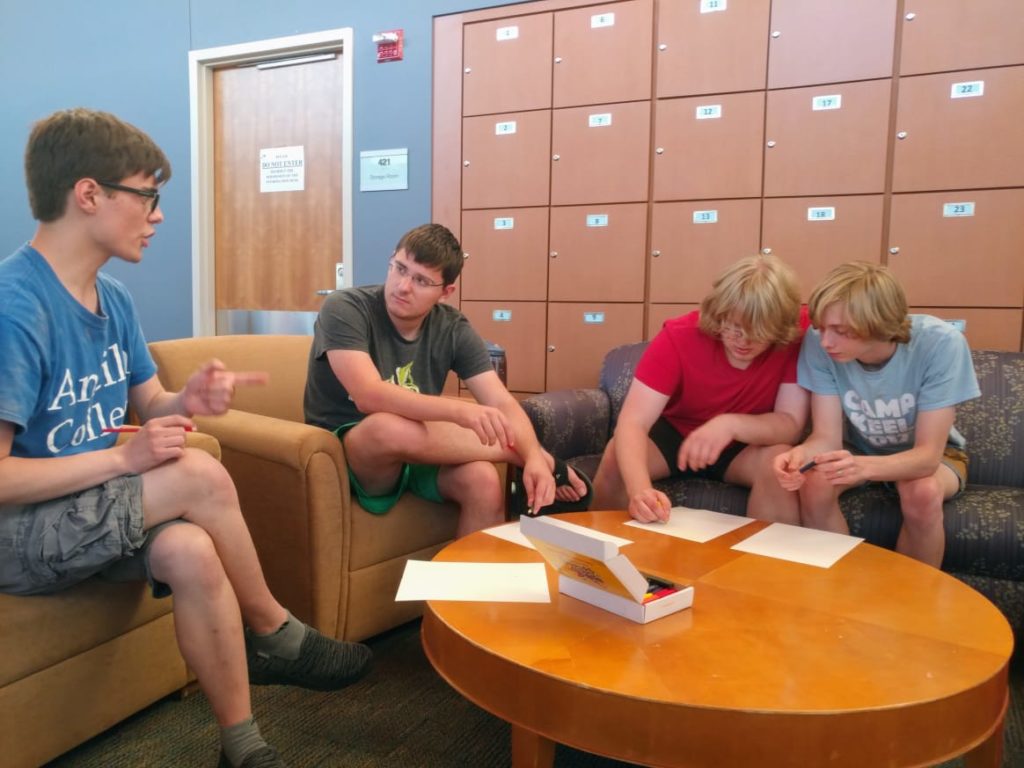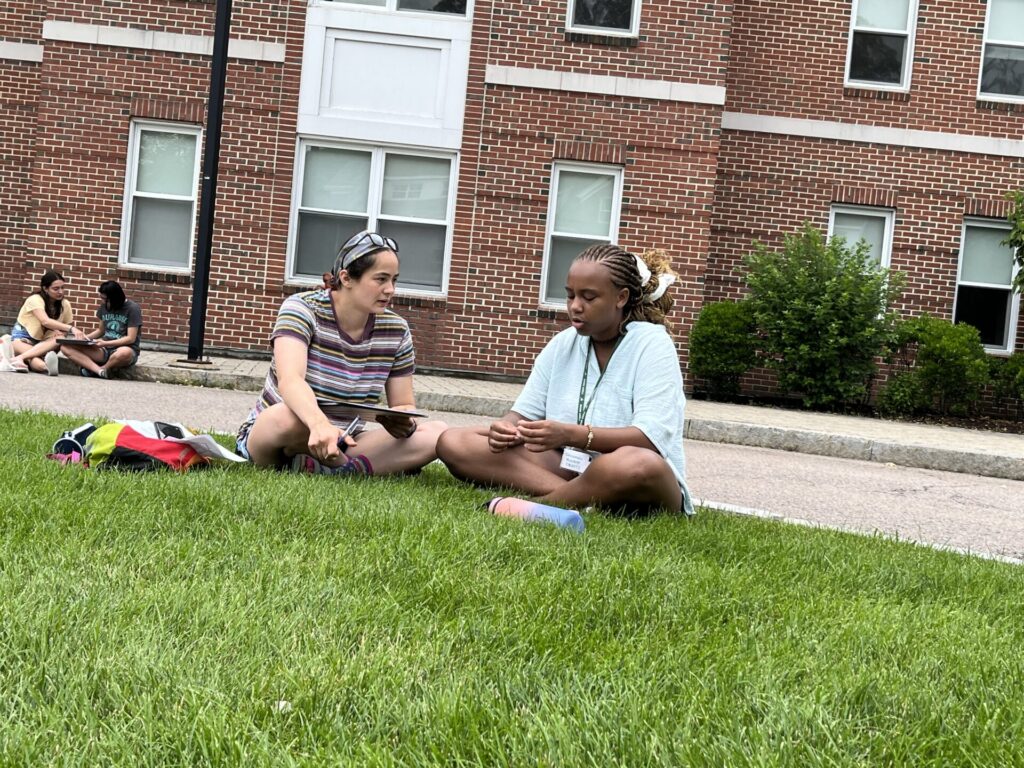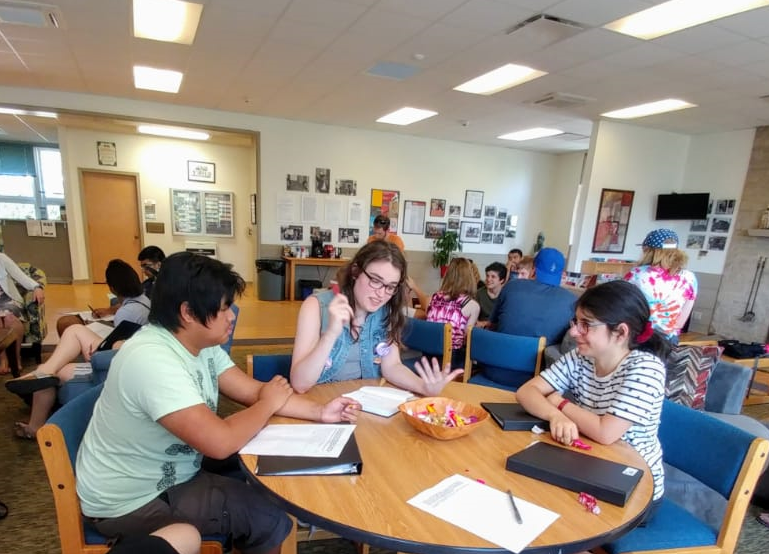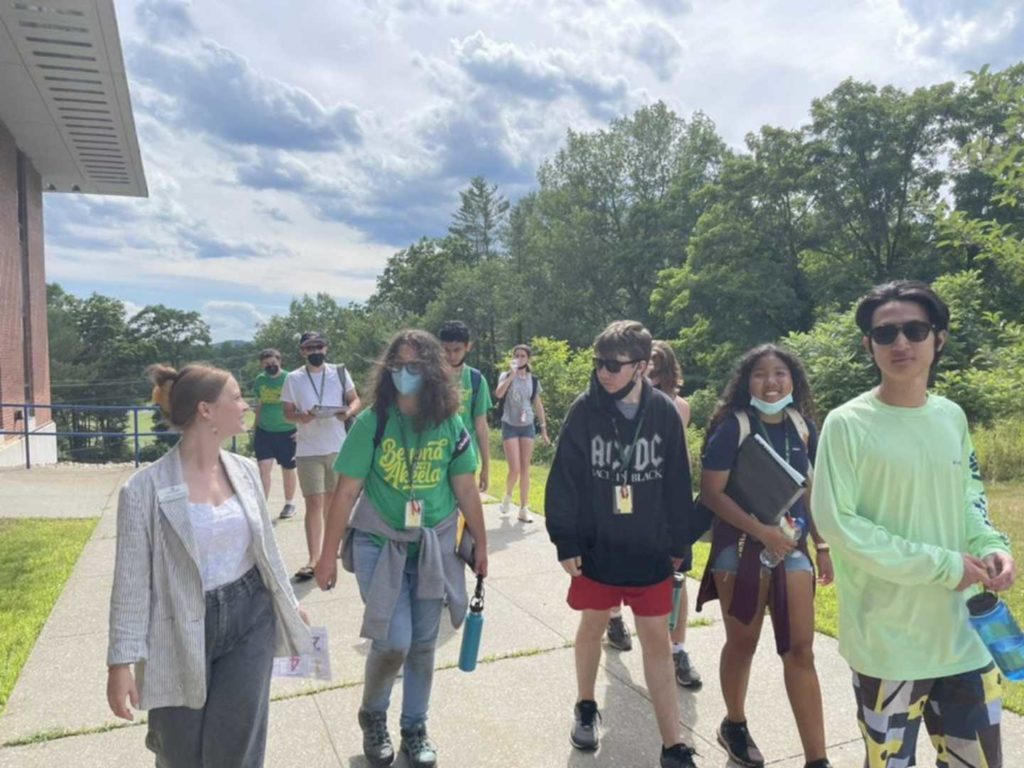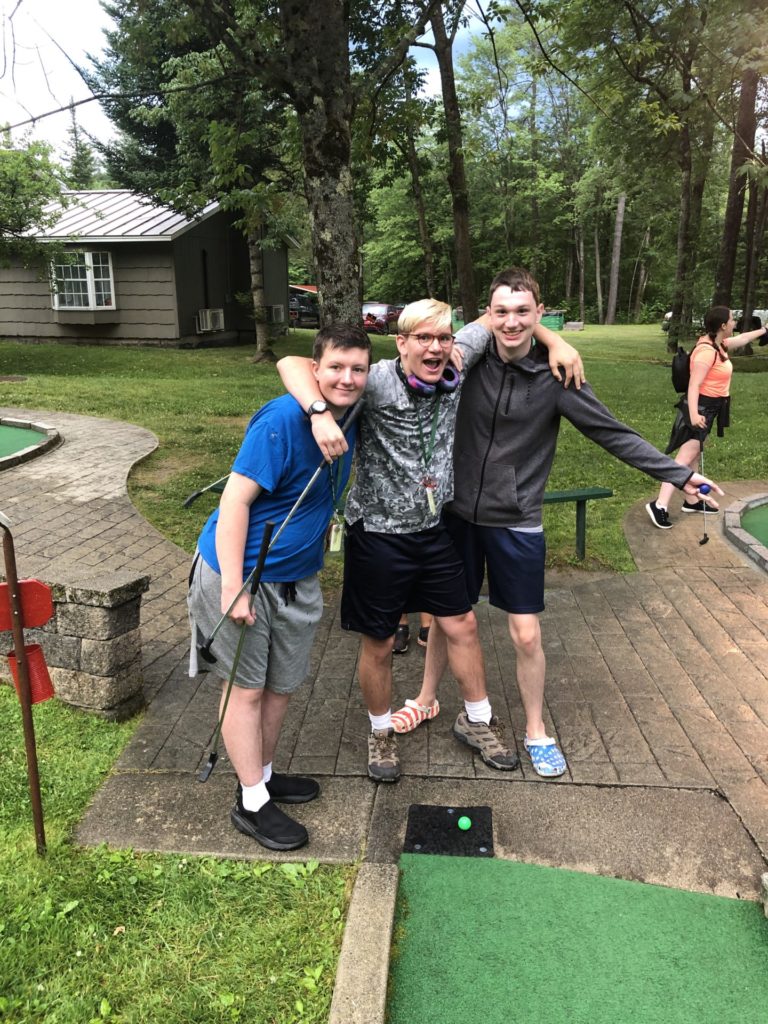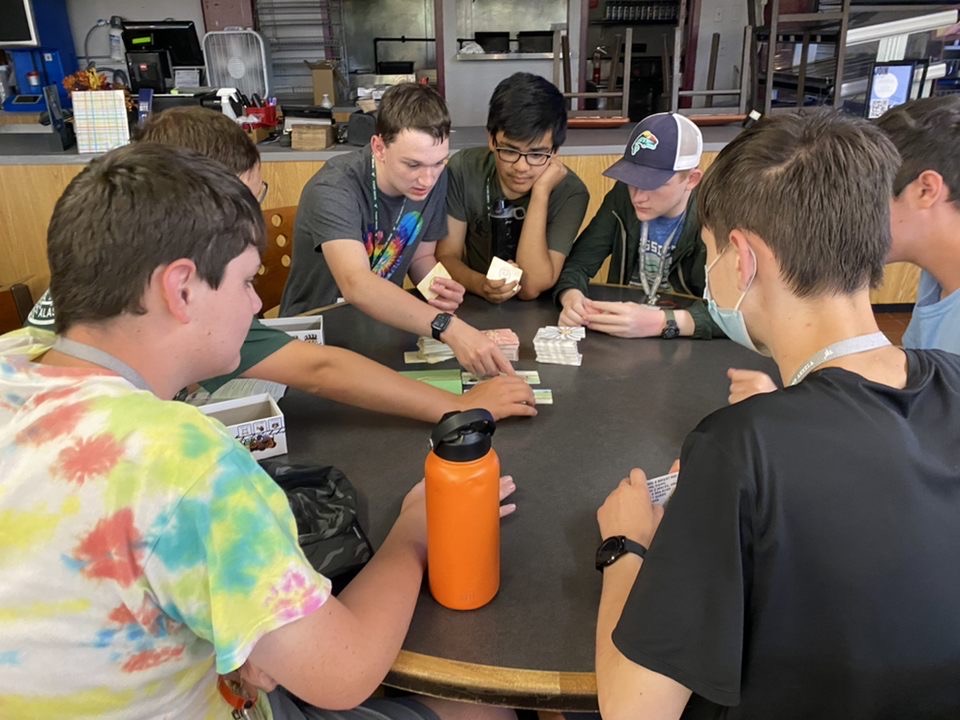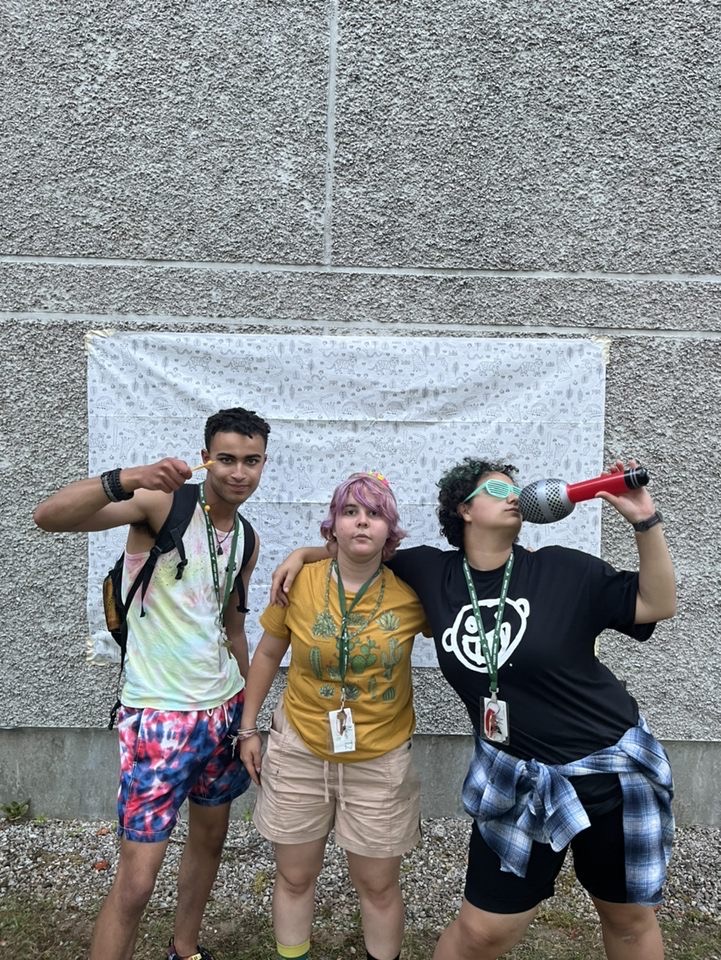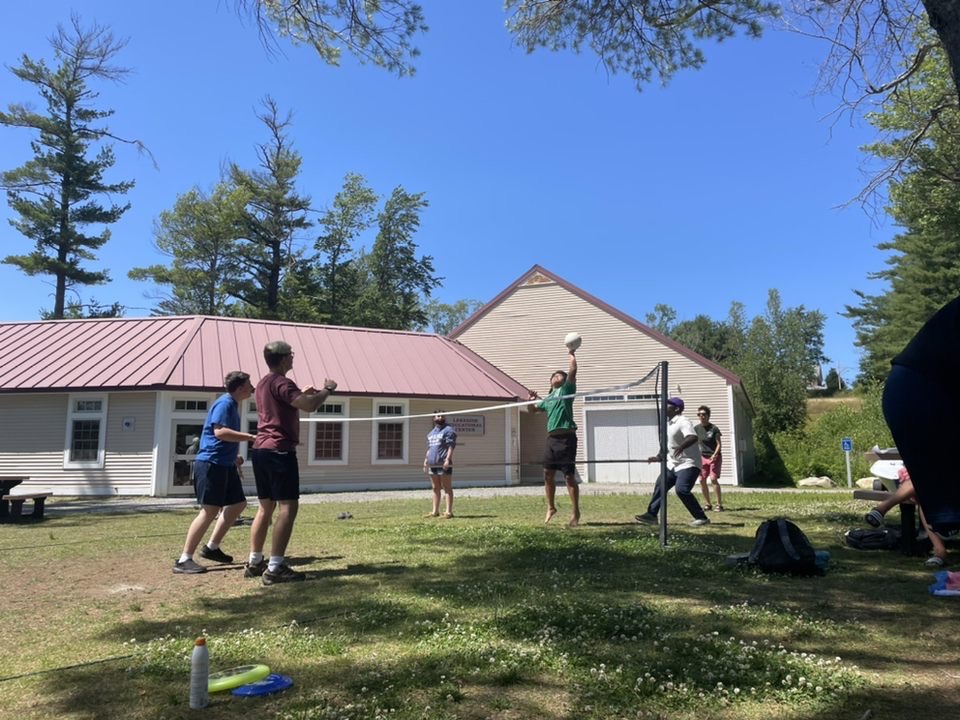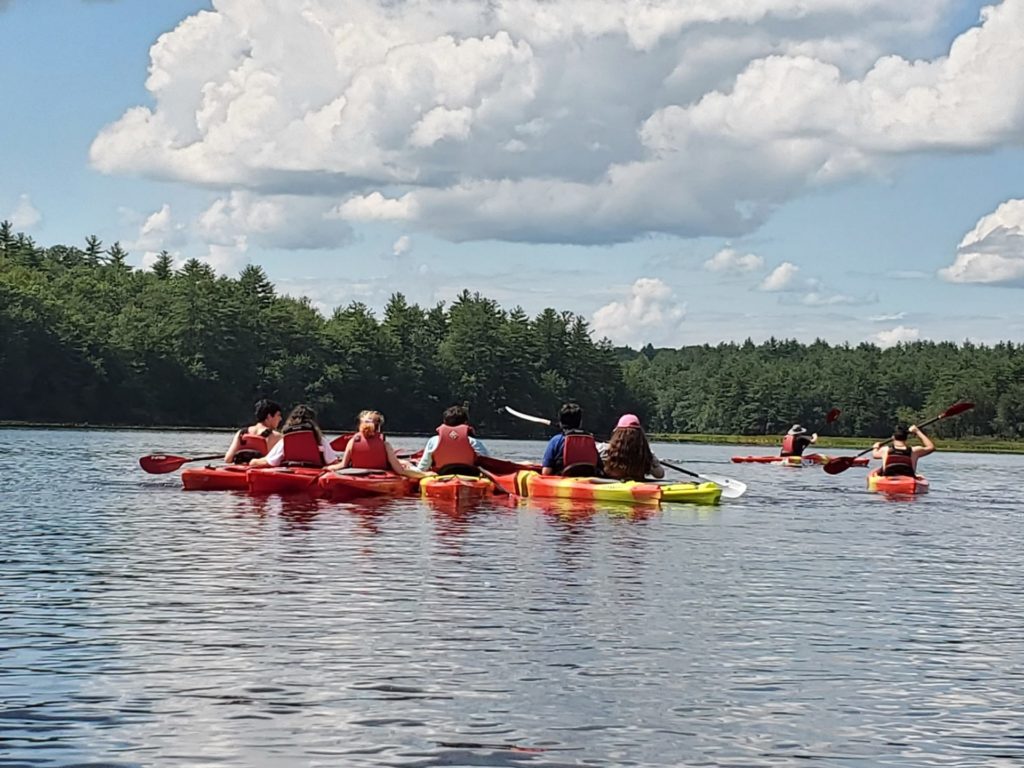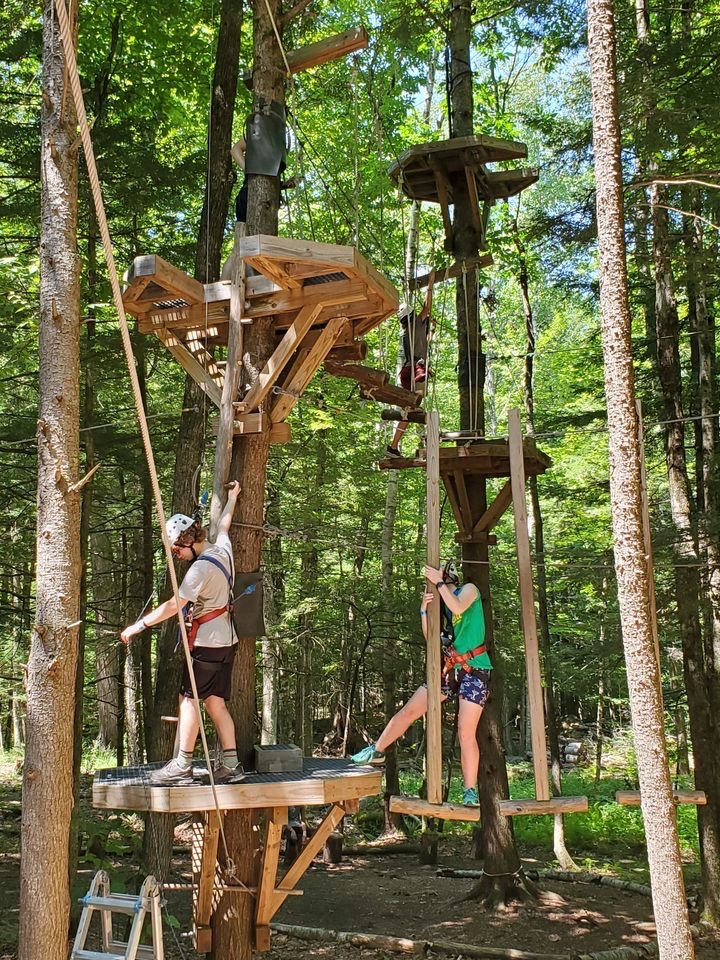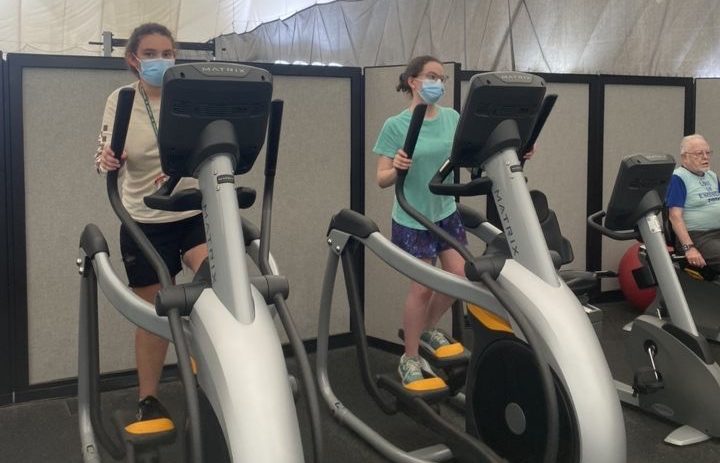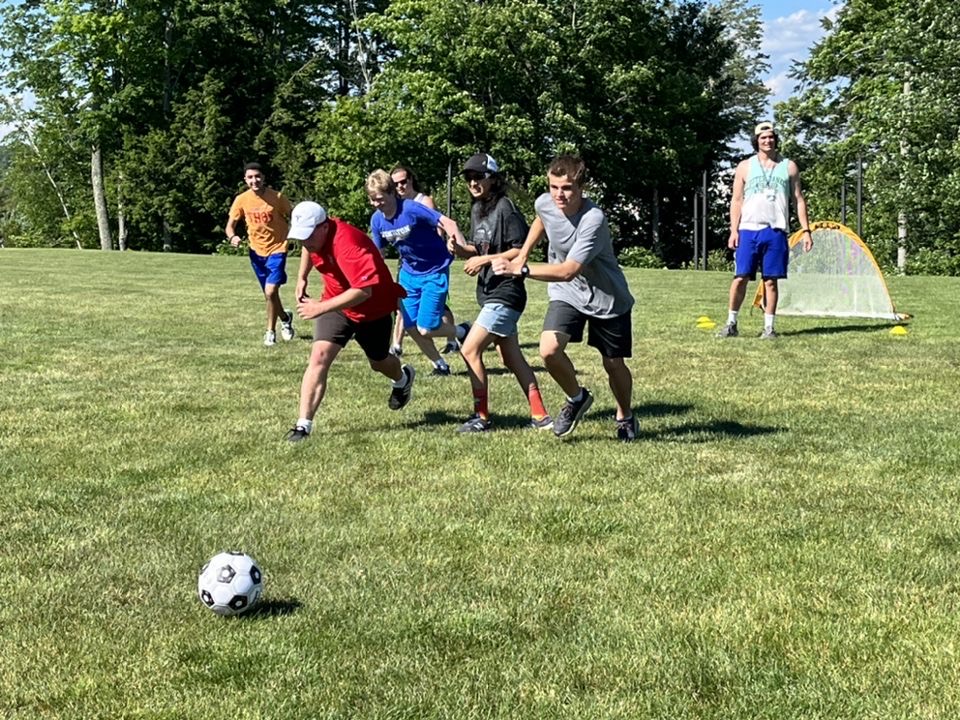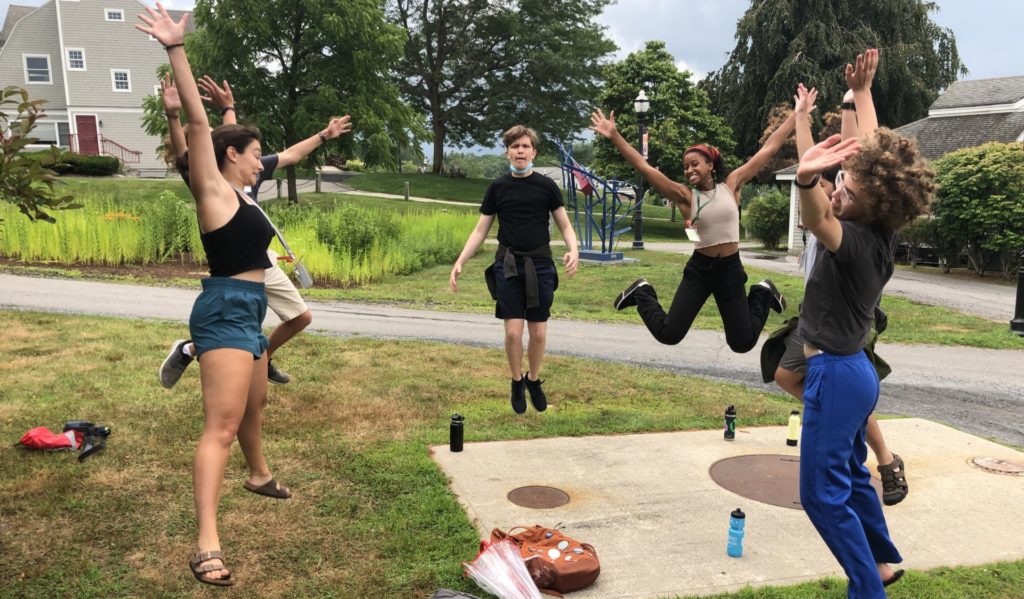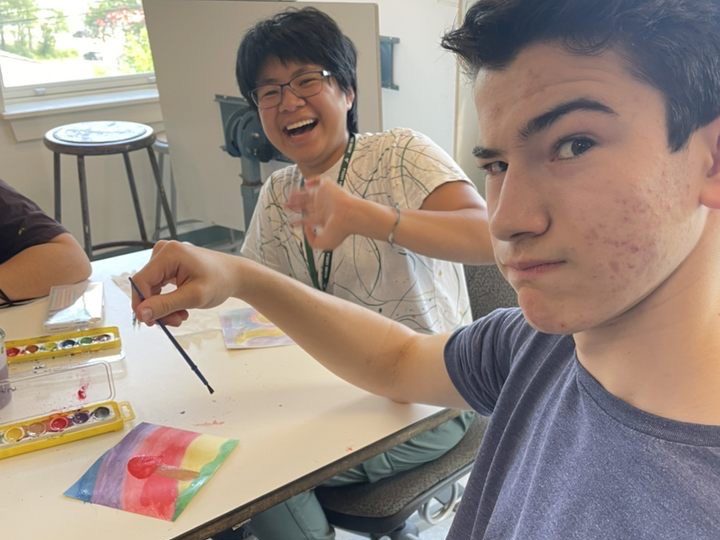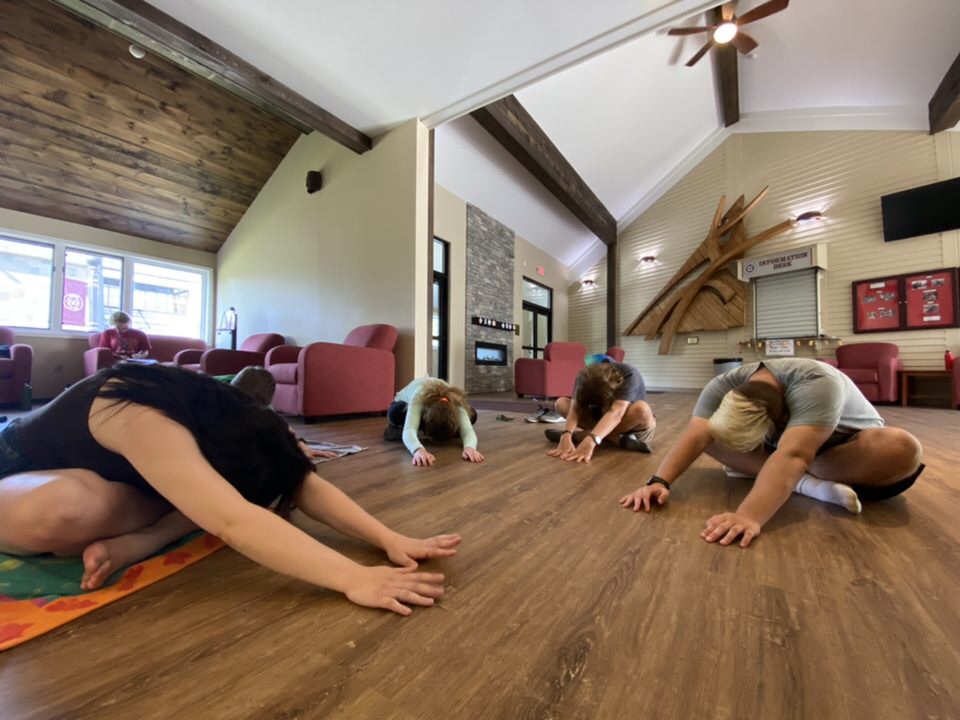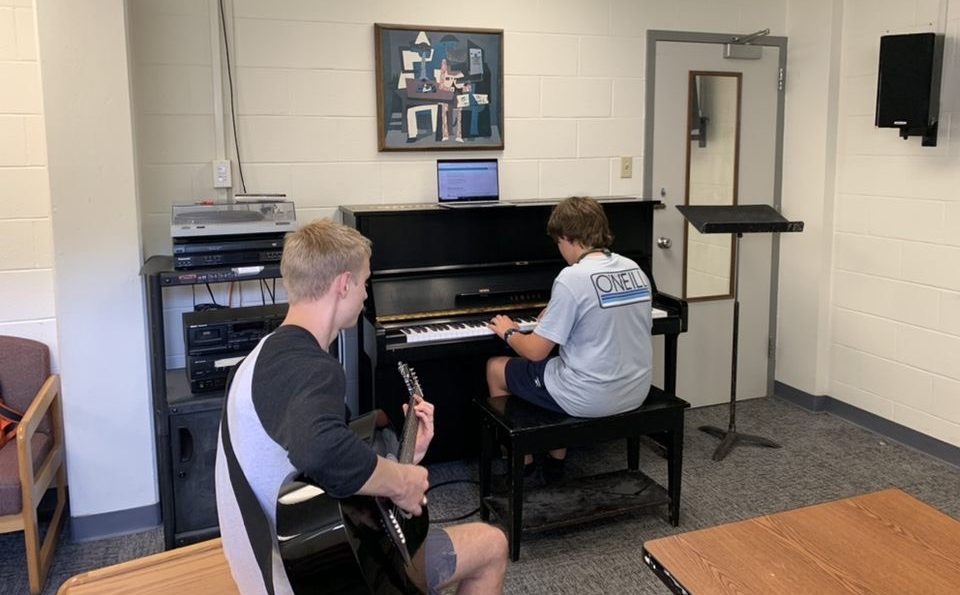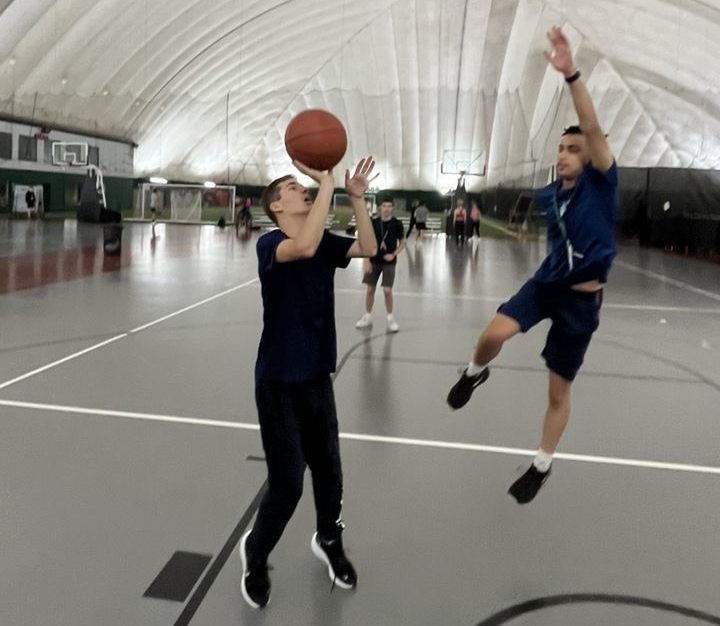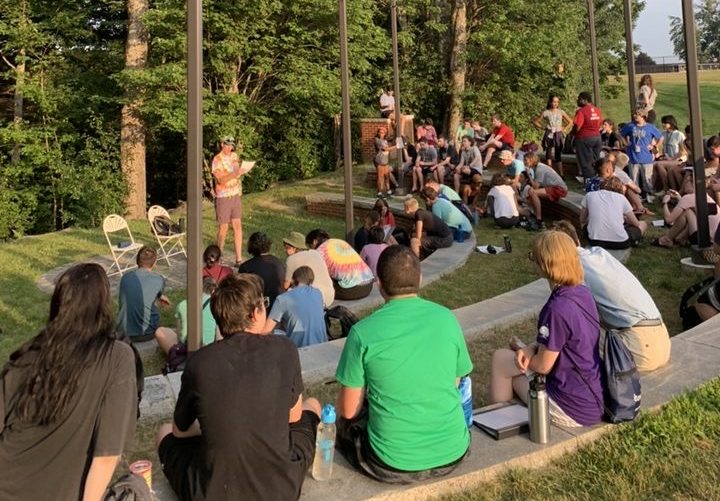We speak with many families in the “off-season” and offer guidance as they search for an appropriate college program for their neurodiverse teen. This is truly one of our favorite parts of the work we get to do! There are so many factors into making a college decision and it warrants a comprehensive approach from families. We often break down the different types of programs for neurodiverse programs into the following categories:
College Options for Neurodiverse Teens
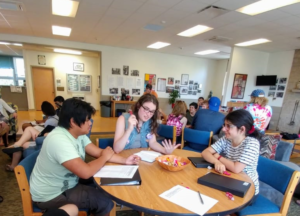
-
- Two or Four Year College/Universities: This is what most call the “traditional” path, though it’s becoming more common for families, regardless of their teens neurological-makeup, to seek alternative paths. When considering this option, it’s important to consider a teens ability to access support independently and make decisions. When discussing these options with parents, we often ask parents to consider if their teen has the advocacy skills to get the help they need, whether it be academic or social-emotional.
- Neurodiverse Program within Four Year College: These programs provide additional support to matriculated students, often areas of tutoring, organization, and some type of counseling. They come in different shapes and sizes, and different areas of emphasis. We encourage families to consider what type of support the program specializes in and how it will support their student socially. A big differentiating factor is whether a program has a residential component or not (ie. do students within that program share a dorm and social space, or do they spread out across the campus?).
- Community College: This is a great option when neurodiverse teens are ready to start working toward earning college credits (at a much lower cost usually), but not quite sure what degree they’d like to pursue. When going down this path, it’s important to think about how students will build a social network, as students in community college settings are often commuter students.
Alternative College Options
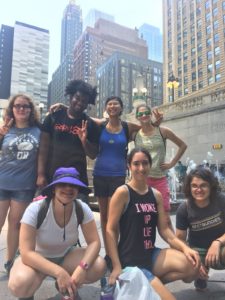
- Transition Programs: These programs act as opportunities to boost neurodiverse teens’ college readiness, whether it be academic, social-emotional, or with independent living. Each program varies in how it balances those three aspects of readiness, and it’s imperative to make sure they align well with the goals of your neurodiverse teen.
- Gap Year: This can be lumped in with the Transition Program category above, but we look at a gap year as a break from academics, while most Transition Programs have some academic component. Gap years are great opportunities to gain some life experience, build independent living skills, and gain some clarity in what one wants like to pursue in life. We think they are great when well planned out and structured. There are great programs that position themselves just as gap year programs with no academics. When exploring gap year options outside of a structured program, it’s important to think about social connectedness. Where will it come from? Likewise, consider the importance of creating structure in the absence of a set program. Not having an establish plan or path to take in a gap year can lead to set backs and feelings of failure.
- Vocational Program: When a student has an identified career path that lends itself to a vocational type of college experience, like a trade of some sort, a vocational path is often a great idea. Similar to community college experiences, there isn’t a residential component, and it’s important to consider how a neurodiverse teen will create a social community for themselves in a vocational program.




